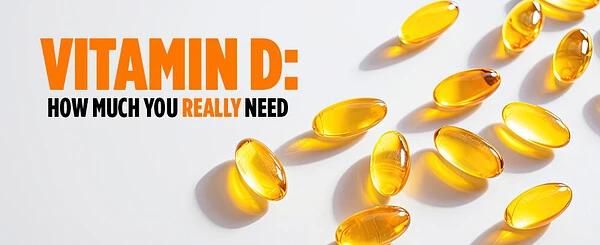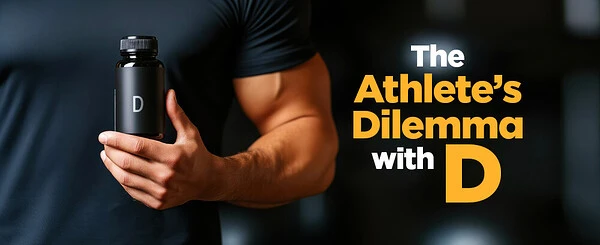Zinc Deficiency and Low Testosterone in Men: An In - Depth Analysis
I. Introduction
Men with low testosterone (Low - T) share more than just reduced muscle mass and diminished sex drives. A significant number of them also suffer from a common nutritional deficiency. This article delves into the relationship between zinc deficiency and low testosterone, and provides strategies to address this issue.
A. Testosterone Problem in American Men
American men are grappling with a testosterone - related issue, which has no connection to the concept of “toxic masculinity.” In fact, it is the opposite problem. Studies suggest that 20 - 40% of U.S. men over 45 experience low testosterone (hypogonadism), and 6 - 12% of men under 40 are affected. This amounts to approximately 15 - 20 million men with Low - T.
B. Zinc Problem in American Men
Simultaneously, American men face a zinc deficiency problem. Research indicates that around 14 million U.S. men do not consume an adequate amount of zinc. The link between these two deficiencies is more profound than previously thought, as revealed by a new systematic review.
II. The Study
A. Previous Suspicions and Lack of Comprehensive Evidence
There has long been a suspicion that zinc plays a role in influencing testosterone levels. However, prior to this study, no one had comprehensively gathered and evaluated the available evidence.
B. The Significance of the Current Review
This systematic review is groundbreaking as it is the first to systematically compile both human and animal studies. It has shifted the discourse from mere speculation about zinc's importance to a more conclusive stance, suggesting that zinc supplementation should be considered for men with zinc deficiency to enhance testosterone levels.
C. Key Findings
- Zinc's Role in the Hormonal Network
Zinc's function extends far beyond simply boosting testosterone. It is an essential component of the entire hormonal network. A zinc deficiency not only inhibits the enzymes necessary for testosterone production but also reduces the testes' responsiveness to crucial pituitary signals such as luteinizing hormone and follicle - stimulating hormone.
- Zinc and Leydig Cell Function
Zinc is crucial for supporting Leydig cell function, which is vital for testosterone synthesis. Zinc - dependent enzymes, like 5α - reductase, are required for the conversion of testosterone into its active form. Additionally, a zinc deficiency impairs androgen receptor activity, oxidative stress balance, and testicular structure, ultimately disrupting spermatogenesis.
D. Recommendations from the Study
The authors of the study recommended moderate zinc supplementation to correct deficiencies. Maintaining optimal serum zinc levels can help prevent low testosterone caused by nutritional inadequacies. While zinc deficiency does not account for all cases of low T (aging is also a factor), it undoubtedly contributes to the problem.
III. How to Use This Information
A. Recommended Dietary Allowance (RDA) and Special Considerations
The Recommended Dietary Allowance (RDA) for zinc is approximately 11 mg per day, which is suitable for sedentary men. However, lifters and athletes have unique requirements. They excrete zinc through sweat, and training accelerates protein turnover, tissue repair, and enzymatic activity, all of which demand zinc. Zinc serves as a co - factor in enzymes that regulate energy metabolism, antioxidant defense, and hormone signaling, processes that are more taxed during and after exercise. Studies on wrestlers, runners, and military recruits have shown lower serum zinc levels after intense training cycles, even when dietary intake was sufficient.
B. Upper Intake Level and Supplementation
The tolerable upper intake level of zinc is 40 mg per day, which is a more realistic goal for athletes. Achieving this amount without supplementation can be challenging, unless one consumes oysters daily. Therefore, athletes are advised to supplement with 30 mg per day of zinc arginate, with the remaining amount coming from their diet. Products like Elitepro Vital Minerals (available on Amazon) contain this recommended amount of zinc along with other minerals that athletes particularly need.
IV. What About Women?
A study on women with low zinc levels found that when they supplemented with zinc, their testosterone levels nearly doubled, resulting in increased sexual satisfaction. For more information, refer to [link].
V. Reference
Te, Liger, Junsheng Liu, Jing Ma, and Shusong Wang. “Correlation between Serum Zinc and Testosterone: A Systematic Review.” Journal of Trace Elements in Medicine and Biology, vol. 76, Mar. 2023, 127124.





